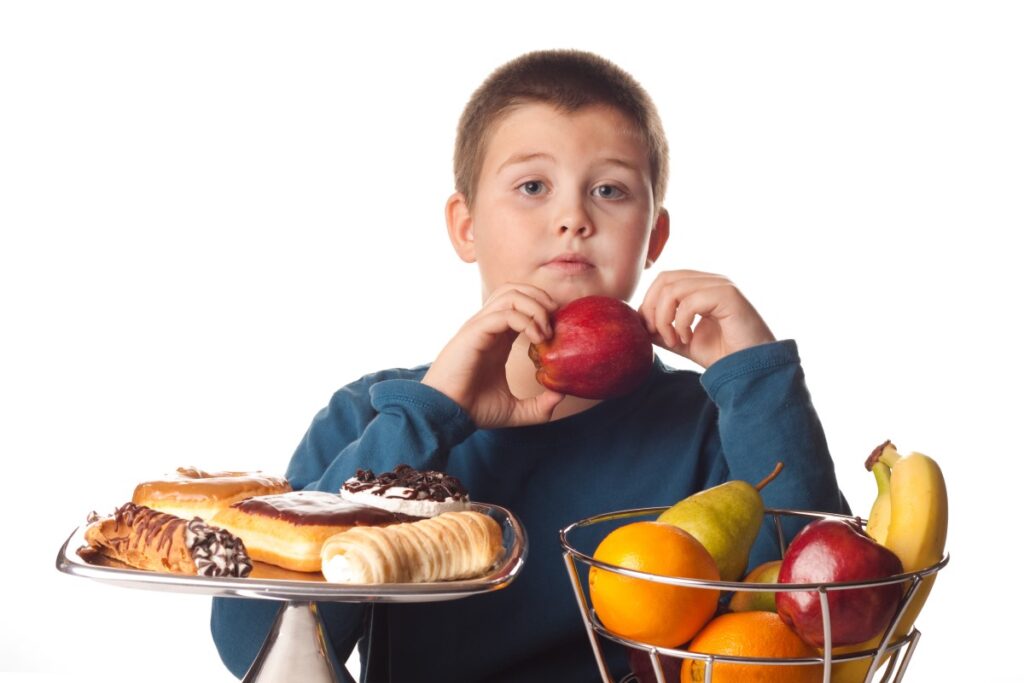Peer pressure, bullying and trying to fit in with social media norms are some of the reasons that may lead children to go on a diet as they approach puberty.
However, some children start developing an unhealthy relationship with food and exhibit dieting behaviour at a much younger age, public health specialist and registered nutritionist Antonella Grima says.
“This could be in response to stressful events in their lives, pressure to lose weight or to model the behaviour of older siblings, peers or adults in their life,” she explains.
Various international studies found that children may start dieting from the ages of eight to 10 but some actually take part in some sort of dieting behaviour at an even earlier age.
Grima notes that, just like adults, children may go on a very restrictive diet, leave out entire food groups and fast for long periods or eat minute quantities of food in the hope of reaching the desired weight quickly.
“Quick fixes are appealing to everyone and children and adolescents are no exception,” she says.
This not only deprives the body of essential nutrients at a time of growth and development but may also lead to eating disorders such as binge-eating disorder or anorexia nervosa.
Older children and adolescents are also likely to follow fad diets they come across on social media.
“Fad diets and treatments come and go with the seasons and tend to gain popularity if celebrities and influencers are following them,” Grima points out.
Fad diets include low-carbohydrate diets, the grapefruit diet, the cookie diet and the blood type diet, to name a few.
“Children may become obsessed about being thin and about their appearance. Others may become upset and develop low
self-esteem when they gain weight”
Fad diets and nutritional deficiency
Some of the repercussions of fad diets include nutritional deficiency.
“Some diets restrict entire food groups, such as carbohydrates, for example, leading to a lack of essential nutrients required for good health. Muscle loss can also occur if protein intake is low and if calories consumed are too little,” Grima further explains.
Besides, body image can be damaged with fad diets.
“Children may become obsessed about being thin and about their appearance. Others may become upset and develop low self-esteem when they gain weight after stopping a fad diet.”
Apart from developing eating disorders, especially in children, other possible long-term consequences include stunted growth, poor bone quality, loss of menstrual cycles and dental problems.
Therefore, it is very important for parents to pick up changes in their children’s dietary habits.
“Severe or sudden weight loss, inability to participate in usual day-to-day activities because of fatigue, becoming more withdrawn, refusing to eat with others and declining social events where food is involved are some telltale signs that dieting has gone a step too far and is affecting health,” Grima says.

Focus on eating healthier food
Considering the obesity problem among school-aged children, some would indeed need to shed a few kilos. However, Grima says that, rather than placing children on a calorie-restrictive diet, which is harmful at a time of growth like childhood, the focus should be on eating healthier food like fruit and vegetables, avoiding sugary and processed foods, being aware of correct portions and being more physically active.
Other suggestions include eating clean and natural food as much as possible, including a variety of foods from different food groups, eating differently coloured fruit and vegetables. Eating mindfully and stopping when full are also important strategies, Grima says.
The amount of food that is recommended per day depends on the age and level of physical activity. Otherwise, the recommendations are similar for everyone in general, the nutritionist points out.
She adds that speaking to a professional may often be an eye-opener or a means of reassurance for parents and children alike.
“A dietitian or nutritionist would, in this case, be an impartial professional who assesses the growth of the child, how it compares to others their age, looks at the diet and makes recommendations for improvement. They would also be in a position to assess for worrying signs and refer to a specialist or specialised programme if indicated.”
For more information on the right nutrition for your child, check out these guidelines. For more Child articles, click here.










